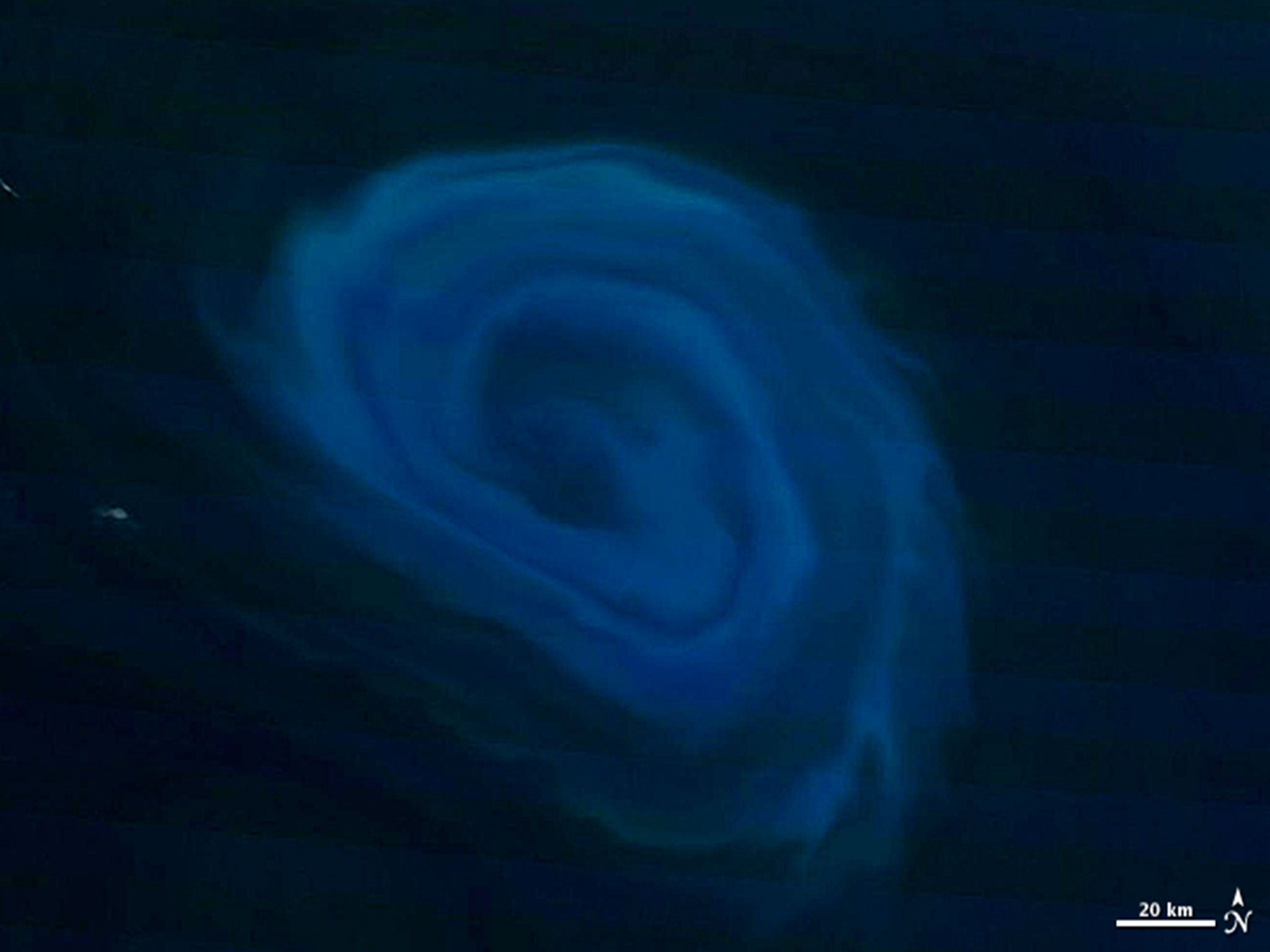Oxygen-starved 'dead zones' with no marine life up to 100-miles long discovered in the Atlantic Ocean
The dead zones could impact the people of Cape Verde

Your support helps us to tell the story
From reproductive rights to climate change to Big Tech, The Independent is on the ground when the story is developing. Whether it's investigating the financials of Elon Musk's pro-Trump PAC or producing our latest documentary, 'The A Word', which shines a light on the American women fighting for reproductive rights, we know how important it is to parse out the facts from the messaging.
At such a critical moment in US history, we need reporters on the ground. Your donation allows us to keep sending journalists to speak to both sides of the story.
The Independent is trusted by Americans across the entire political spectrum. And unlike many other quality news outlets, we choose not to lock Americans out of our reporting and analysis with paywalls. We believe quality journalism should be available to everyone, paid for by those who can afford it.
Your support makes all the difference.Swathes of oxygen-deprived water up to 100 miles long, unable to sustain any form of animal life, have been found in the Atlantic, scientists have said.
Researchers of the GEOMAR Helmholtz Centre for Ocean Research Kiel in Germany discovered the unexpectedly low oxygen environments several hundred kilometres off the coast of West Africa.
A paper, published in Biogeosciences, describes 100-mile-long eddies of swirling water spinning their way across the Atlantic for months at a time.
The group of researchers led by Dr Johannes Karstensen have suggested that: ‘the eddies propagate westward, at about four to five kilometres per day, from their generation region off the west African coast into the open ocean.’
“The fast rotation of the eddies makes it very difficult to exchange oxygen across the boundary between the rotating current and the surrounding ocean.
This in turn leads to faster oxygen depletion in the eddy, as the algal bloom eats into supplies.
Damage to animal life aside, Karstensen anticipates that the dead zones could impact the people of Cape Verde.
“Given that the few dead zones we observed propagated less than 100 kilometers north of the Cape Verde archipelago, it is not unlikely that an open-ocean dead zone will hit the islands at some point," he said.
"This could cause the coast to be flooded with low-oxygen water, which may put severe stress on the coastal ecosystems and may even provoke fish kills and the die-off of other marine life.”
Join our commenting forum
Join thought-provoking conversations, follow other Independent readers and see their replies
Comments